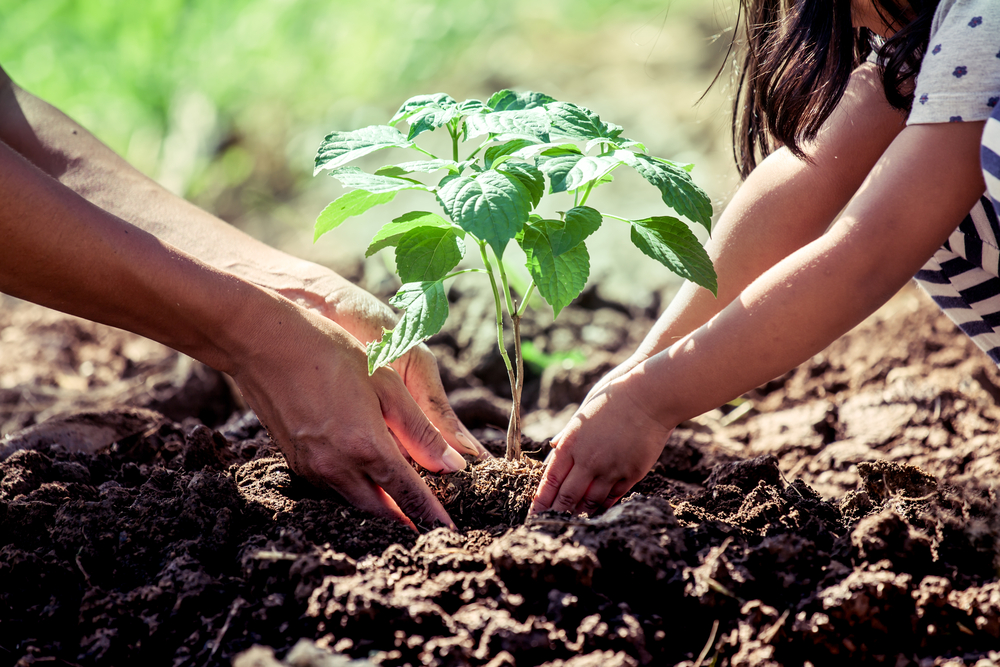
A guest post by Dr Cheryl Doig, visionary Futurist and Founder of Think Beyond in New Zealand.
In September 2023, Cheryl hosted a series of webinars and training sessions in collaboration with the School of International Futures (SOIF), dedicated to exploring and applying the Intergenerational Fairness Framework and Toolkit. She shares the progress made towards operationalising IGF principles, demonstrating the steps taken to promote equitable futures through informed dialogue and strategic actions across generations.
2023 was a catalyst year for exploring intergenerational fairness in Aotearoa New Zealand. I had the privilege of hosting Sophie Howe, the first Future Generations Commissioner for Wales in Ōtautahi Christchurch. Our understanding of intergenerational fairness expanded through our connection with the School of International Futures (SOIF). This collaboration resulted in an ‘Introduction to Intergenerational Fairness’ webinar followed by an in-depth workshop exploring the use of the intergenerational fairness framework and toolkit – created using excellent methodology and research.
Embedding Māori Perspectives
Colleagues across New Zealand continue to advance the dialogue about intergenerational fairness, my role being to keep the conversation alive, to nudge the system and develop coherence. It is important to incorporate our local context and adopt an indigenous lens at the foundational level. Te Tiriti ō Waitangi, New Zealand’s founding document, places strong importance in ensuring Māori, the indigenous people of NZ, are involved in developing ideas from the start. Intergenerational seven generations approaches are at the very heart of an indigenous way of being. Past, present and future are all interwoven, as articulated in the Māori whakatauki (proverb):
Kia whakatōmuri te haere whakamua:
‘I walk backwards into the future with my eyes fixed on my past.’
As a pākehā (a New Zealander of European/UK descent), this approach is important to me and foundational in my work as a futurist.
Building coalitions of change
I am connected with Tokona te Raki, the Māori Futures Collective, which recently developed the Mō Kā Uri, exploring the tribal direction of Ngai Tahu 2050. This project, co-led by Alice Dimond, a Next Generation Foresight Practitioners Fellow, shares four scenarios developed through workshops with three generations, focused on the key question “What is the world you want to leave behind for your mokopuna?”
I also chair the charitable trust Ako Ōtautahi Learning City Christchurch, where intergenerational learning is an important part of our work. In May, we will be hosting Remake Learning Days, celebrating learning with a focus on equity, access and innovation. Learning happens as families, not just as isolated individuals and this ecosystem approach is crucial for growing intergenerational fairness. Our trustees are building on conversations from Sophie Howe and the SOIF team to explore what the future of learning in our city might look like.
Our progress reinforces the importance of keeping momentum going and growing understanding across a network amidst emergent change. After New Zealand’s 2023 election, significant changes in policy shifted our country’s direction. The recommendation to form a Commission for the Future, has been disbanded and many sustainable projects have been halted. The plan to ban smoking, subsidies for electric vehicles and light rail projects were paused. Also, the names of many government departments have reverted back to English rather than Māori and schools are mandated to timetable an hour of reading, writing and maths daily. These developments present an opportunity to advocate for stronger intergenerational fairness.
Looking forward
Despite feelings of regression, we see a huge opportunity to keep momentum going and focus on what is possible. The small steps of clear, focussed initiatives also happen at the grassroots level. That is the work we do as citizens creating the future. Here are some possibilities for 2024.
- Identify the guerilla bureacrats in local and national government and grow two-way support and partnership.
- Work at the local level of influence and trial the use of the intergenerational fairness assessment with a local business.
- Keep connected with those in NZ who attended the IGF training and see what emerges. How might we work together, share ideas and learn from each other?
- Maintain the global connection with SOIF and others who are focused on intergenerational fairness. If that is you please get in touch!
Take an interest in the Summit of the Future 2024 and contribute to SOIF’s Statement of Commitment for the Summit of the Future. This is a call to action for the wide-scale application of foresight to protect the interests of current and future generations.
We have a lot to thank SOIF for and look forward to growing an Aotearoa New Zealand “Mō kā uri, ā, mō kā uri āmuri ake nei” – for us and our children after us.
Explore our Intergenerational Fairness Toolkit to apply these principles in your work.
